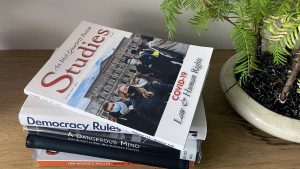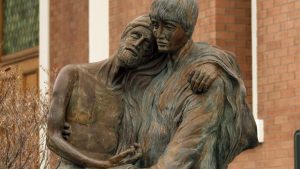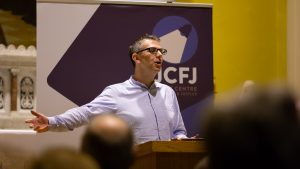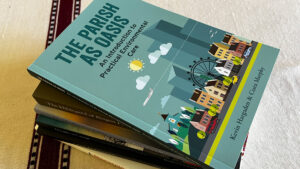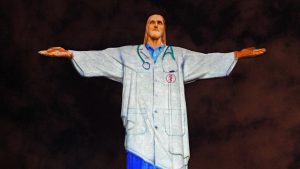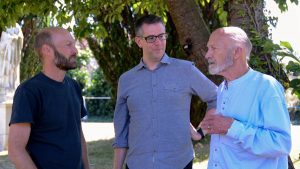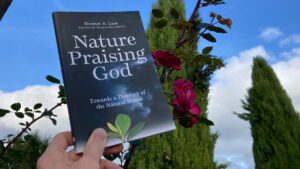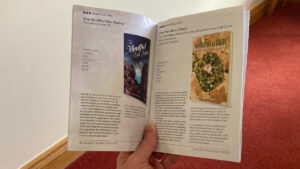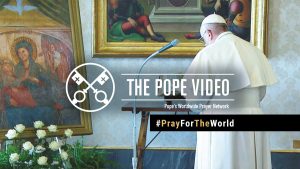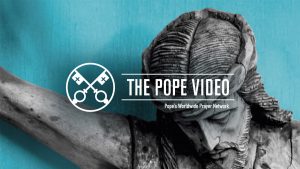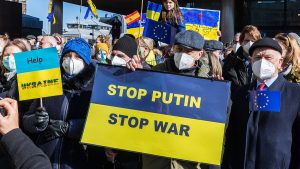Pandemic populism

KEVIN HARGADEN :: ‘Populism’ is one of those terms that is used constantly and I wonder what it means. We can dig into the archives » and find that it appears much more commonly in the discourse of the last ten years than in the century before. One might naively assume that populism referred to politics that just sought the most popular policies, a sort of replacement of the hard business of moral integrity with the relatively straightforward technology of opinion polls. But as it is used, it often seems to mean “anyone the writer disagrees with”. It’s hardly scientific, but it is interesting that the Wikipedia page » lists both Alexandria Ocasio-Cortez, a socialist inspired by Catholic Social teaching, and Josh Hawley, an evangelical nationalist as populists. You can hardly imagine two more fiercely opposed politicians in the same parliament, but the internet suggests they share the same philosophy.
In his recent encyclical, Fratelli Tutti, Pope Francis offers some very helpful advice for those seeking to understand what this word really means. He shares my starting confusion, noting that the word has been deployed so indiscriminately that it has lost whatever value it might have once had. He cautions that in our effort to discourage demagogues, we should not lose morally significant vocabulary like “the people”. We want our leaders to seek policies that are popular with the “the people” after all. Tyranny is the word we use to describe the situation when that doesn’t prevail.
There is, however, a “populism” which Francis opposes and he offers us a definition. Politicians who exploit a culture or appeal to “the basest and most selfish inclinations of certain sectors of the population” (§159).
I have been thinking about these paragraphs since the letter was first published in October. Two days after Fratelli Tutti, the Irish government resisted the advice of NPHET and did not move the country to a “Level 5” response to the pandemic. In a now-famous interview with Claire Byrne, the Tánaiste defended this decision by insisting that NPHET’s “circuit breaker” proposal was “not the right way to do things” ». Two weeks after implying Tony Holohan and his team were careless in their recommendations, Ireland entered a six-week lockdown.
When that lockdown was due to be relaxed, NPHET advised that either hospitality and retail sectors open or travel and family visits should be permitted over Christmas. The government again over-ruled the scientific advice, recommending that everything could be fine as long as “we mind ourselves and if we mind others” ».
We know what happened subsequently. The delay on the October lockdown cost lives. The deregulation on the December relaxation has generated a nightmare scenario where we know the days ahead will feature upwards of 100 deaths a day ». No malice is attributed to the politicians and officials involved in making these decisions and any assessment must be liberally merciful because it is not as if there is a vast set of previous experience they can draw upon.
But without wanting to use the pandemic to prosecute some party-political agenda, reflective people will recognise the serious ethical issues raised by placing Francis’ definition alongside the actions of our leaders. The mantra since March has been that this government and the one before it “trusts the science” but the evidence suggests otherwise. (As an aside, the extent to which Irish politicians actually trust the science is revealed when we look at our decades of laggardly responses to the unfolding climate and biodiversity catastrophe.) Francis warns us about political approaches that seek to exploit culture or feed the worst inclinations in sectors of the population. It is hard not to conclude that something like populism is prevalent in our contemporary political culture.
In the Claire Byrne interview, Leo Varadkar made no attempt to hide his concern for business interests, even going so far as to suggest – with little evidence that it was true – that the State might not be able to fund its commitments if it followed the medical advice. In November, when announcing the plans for the festive season, the concerns of the hospitality sector and the idea that Irish people were somehow genetically gregarious and could not fathom a Christmas without partying was always in the background. Influential voices in the media supported this agenda by explicitly pitting public health against economic wellbeing ».
My aim here is not to score points against political figures. I draw attention to this overlap between the way populism is understood in Catholic Social Teaching and the methodologies and stated justifications of the Irish government because it has had serious consequences and, unchallenged, will continue to mark the policies of the government after the threat of the pandemic recedes.
The decisions that have been made were wrong. That is beyond dispute. But we can understand that because how can you consistently make the right decisions in such a challenging circumstance? But the populism is even more apparent in how the Government continues to evade the plain fact that they have allowed passing political interest weigh more heavily than long-term public health concerns ». This week we saw a very odd attempt by the Government – supported by a broadsheet newspaper – to recast the October debacle as principled and courageous. Bypassing self-criticism and instead insisting that unwise decisions were “brave” and “what a lot of people are saying” » is a hallmark move of the populist. “A lot of people are saying” is literally a catch-phrase of the uber-populist of our day ».
Francis opposes populism because it harms people. “The people”, he says, point to a reality that is “open-ended. … open to a new synthesis through its ability to welcome differences. … open to being mobilized, challenged, broadened and enriched by others, and thus to further growth and development” (§160). We want a populism that trusts that “the people” are able to put aside private interest for the sake of the common good. When instead we settle for a populism that spins the truth and pursues the private interests of influential sectors of the population at the expense of the broader “people”, we discredit the entire democratic process. People will grow cynical about straightforward facts. People will become suspicious about official advice being in their best interest.
Conspiracies are not just born on Facebook. A political culture cannot say one thing and do another for months and years on end and not expect to undermine the people’s trust in truth.
The good news is that the threat of Covid-19 will be overcome. We need to start forming policies for after the pandemic », but they need to be inclusive and they need to be based in reality. (Francis is clear that closing the inequality gap is the key to defeating populism [§161-162].) The reality is that justice cannot be served by catering to the strong and influential. We must have a preferential option for the poor and the marginalised. Politicians committed to reality will tell truth about this.
They will also likely be hugely popular, in part because people can trust they are not populists.


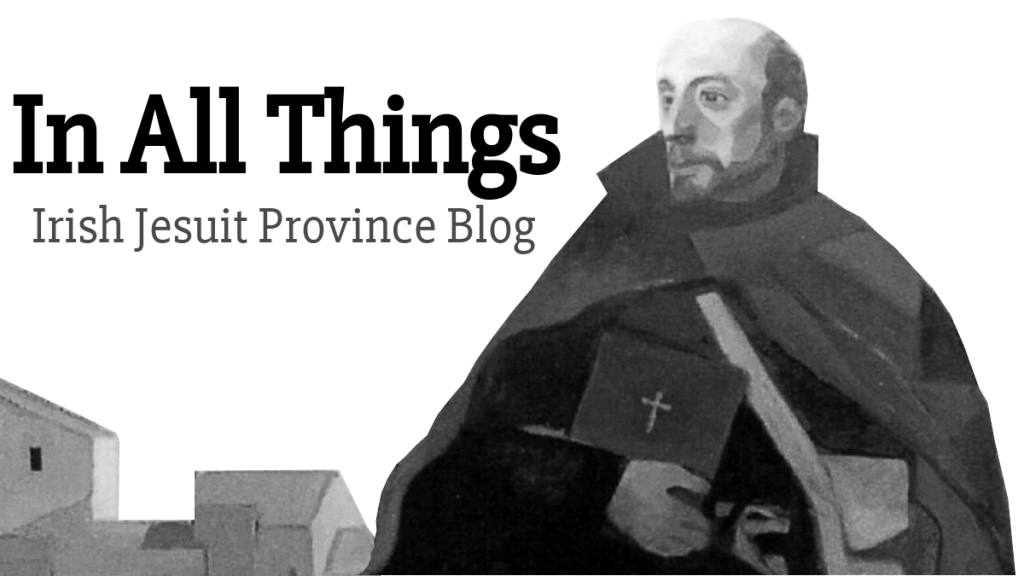
 Kevin Hargaden leads the Jesuit Centre for Faith and Justice, where he works as a Social Theologian. Originally from Kildare, he is an elder at Lucan Presbyterian Church in Ireland.
Kevin Hargaden leads the Jesuit Centre for Faith and Justice, where he works as a Social Theologian. Originally from Kildare, he is an elder at Lucan Presbyterian Church in Ireland.